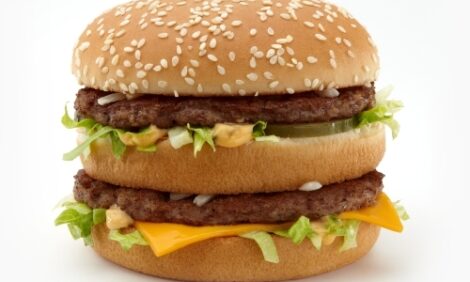



Brazil's cattle ranchers are embracing change
BRAZIL - James King Carr De Muzio started cattle ranching later in life. But the easy-mannered 53-year-old Brazilian doctor and rancher feels as comfortable in the saddle as he does wearing surgical scrubs.De Muzio - who says his mixed ancestry, unusual even in Brazil, includes Alabamans who joined a colony of Confederates after the Civil War on one side and a "tossed salad" Spanish-Italian-African heritage on the other - counts himself among producers enlarging their cattle holdings as the country's beef industry continues a seemingly insatiable growth.
Starting with two cows he received for delivering a baby during Brazil's 1994 currency crisis, De Muzio built his herd to more than 1,000, then scaled back to 500 after a dry summer. He says he's reshaping his operation, gearing it toward yearling stocker steers. He remains bullish on his country's cattle industry, which has been hobbled by a lack of paved roads, by quality issues, and by periodic outbreaks of disease that keep all but cooked beef out of the United States.
"It's still something new for me," he said of ranching. "I like medicine, but this is more than a hobby. I can afford to lose some money. ... but I can't throw money away."
Brazil's herd, conservatively estimated at 170 million head (the nation's beef export association figures 204 million), is the world's largest - there are about 97 million U.S. beef cattle - and there is every indication that Brazilians like De Muzio will make it an even bigger ranching country.
In 2004, Brazil became the world's largest beef exporter by volume, according to the U.S. Agriculture Department. Disease, sanitary issues at slaughter plants, and the sale of lower-priced cuts account for why it still trails Australia in export value.
Incidences of highly contagious foot-and-mouth disease in some parts of Brazil prevent exports of fresh, chilled and frozen beef to some key markets, including the U.S. and Japan.
Source: macon.com


